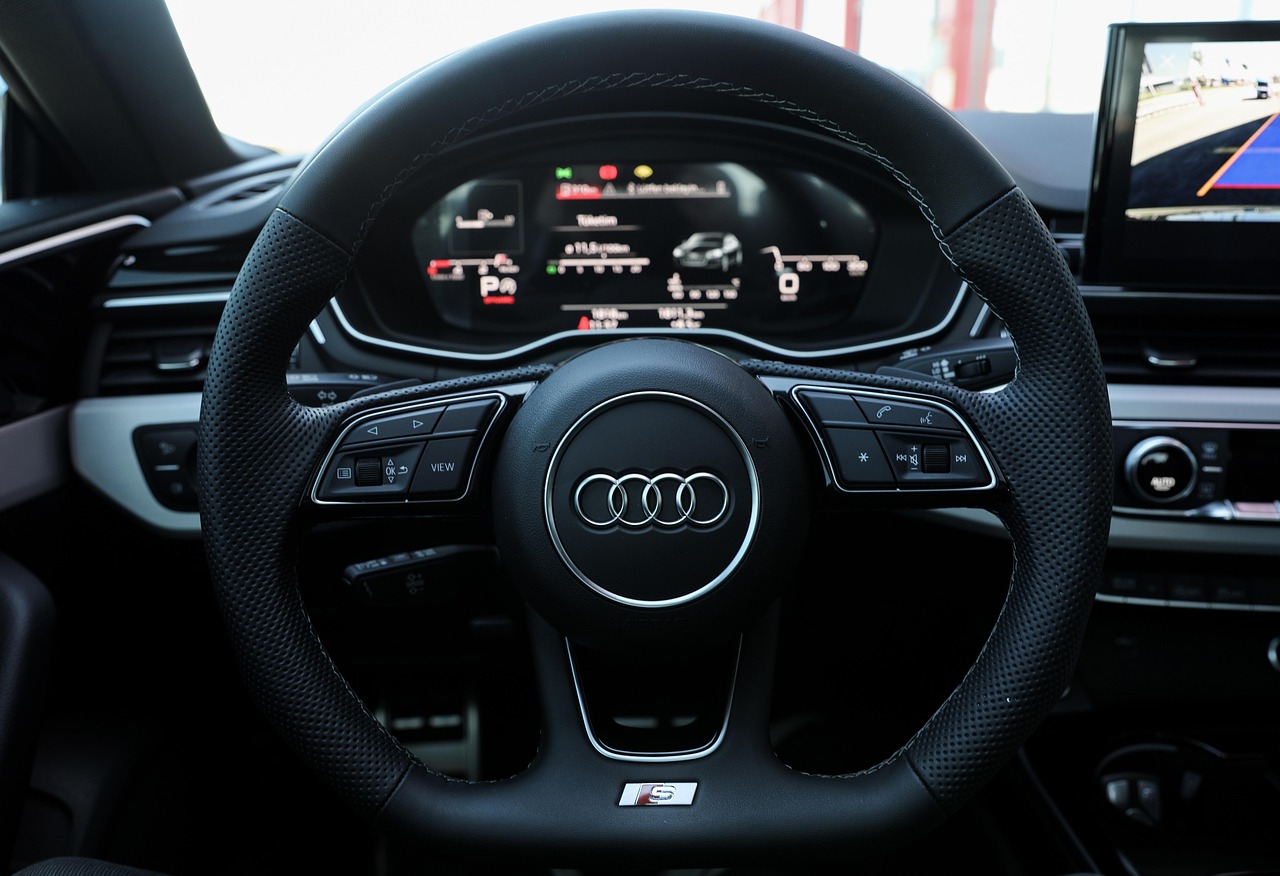Yann LeCun Predicts AI Revolution and Challenges Ahead for Domestic Robots and Autonomous Vehicles

Brief news summary
Yann LeCun, Meta's chief AI scientist, foresees major advancements in artificial intelligence by the decade's end, though he points out existing challenges in developing domestic robots and fully autonomous vehicles. He stresses the need for breakthroughs to improve AI's capacity to interact with the physical world, noting that even with innovations like OpenAI's ChatGPT, AI still lacks deep comprehension of real-world dynamics. LeCun's goal is to develop systems that can accurately simulate and predict physical environments, drawing inspiration from animal intelligence. Supporting his perspective, Yoshua Bengio, a QEPrize laureate, emphasizes the critical importance of AI safety and the need for global collaboration, especially in light of the upcoming AI summit in Paris. Alongside LeCun, Bengio, Fei-Fei Li, and Jensen Huang were awarded the £500,000 Queen Elizabeth Prize for Engineering, recognizing their significant contributions to machine learning, a cornerstone of AI development. UK science minister Patrick Vallance reiterates the transformative potential of machine learning across multiple sectors, highlighting its essential role in future technological progress.One of the leading figures in modern artificial intelligence has forecasted a significant transformation in the field by the end of this decade, asserting that existing technologies are too constrained to develop domestic robots and fully automated vehicles. Yann LeCun, the chief AI scientist at Meta, which is headed by Mark Zuckerberg, emphasized that new advancements are essential for these systems to better comprehend and engage with the physical world. LeCun made these comments while being honored as one of seven engineers awarded the £500, 000 Queen Elizabeth Prize for Engineering on Tuesday, recognizing their valuable contributions to machine learning, a fundamental aspect of AI. The recent advancements in the industry, notably following the introduction of OpenAI’s ChatGPT chatbot, have increased both optimism and apprehension regarding the potential for AI systems to achieve human-like intelligence. Nonetheless, LeCun indicated that significant progress remains before AI can rival humans or animals. He described current top-tier technology as proficient in “manipulating language” but lacking in genuine understanding of the physical realm. “There are numerous scientific and technological hurdles yet to overcome. It is likely that we will witness another AI revolution in the next three to five years, given the constraints of current systems, ” he explained. “To build domestic robots and fully autonomous vehicles, we need systems that can grasp the real world. ” LeCun is focused on developing systems that aim to “understand” physical reality by constructing models that predict worldly behavior.
On the current state of AI, he remarked, “We’re not at the level of human intelligence yet. Achieving a system as intelligent as a cat or a rat would be a significant achievement. ” Yoshua Bengio, another QEPrize recipient and fellow “godfather of AI, ” cautioned that advancements in technology must also address safety concerns and urged that the forthcoming global AI summit in Paris tackle these issues. “I would like the world’s leaders to fully grasp the scale of our work, in both the benefits and potential dangers of the power we are creating, along with the risks associated with it, ” he stated. In 2018, Bengio, LeCun, and Geoffrey Hinton were awarded the Turing Award, often regarded as the Nobel Prize for computing, and Hinton was also named a QEPrize recipient on Tuesday. This recognition follows AI pioneers receiving two Nobel prizes last year: Hinton shared the Nobel Prize in Physics with this year’s QEPrize recipient, the US physicist John Hopfield, while the Google DeepMind team was acknowledged in the Chemistry category. Machine learning is a vital process in AI development, allowing computers to “learn” from data analysis rather than direct instruction, enabling them to make informed predictions or decisions, such as anticipating the next word in a sequence. The other recipients of the 2025 QEPrize include Fei-Fei Li, the Chinese-American computer scientist behind ImageNet, an essential dataset for AI object recognition; Jensen Huang, CEO of Nvidia, a leading manufacturer of chips utilized in operating and training AI systems; and Bill Dally, the chief scientist at Nvidia. Patrick Vallance, chair of the QEPrize foundation and UK science minister, noted that machine learning's impact is being felt across various industries, economies, and even the planet. He mentioned that the annual prize honors engineers who have created innovations with a “significant impact on billions of lives globally. ”
Watch video about
Yann LeCun Predicts AI Revolution and Challenges Ahead for Domestic Robots and Autonomous Vehicles
Try our premium solution and start getting clients — at no cost to you















